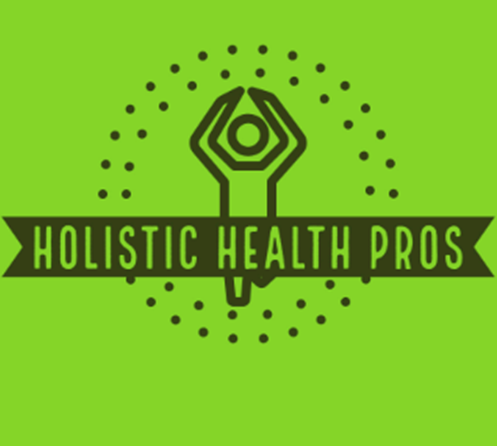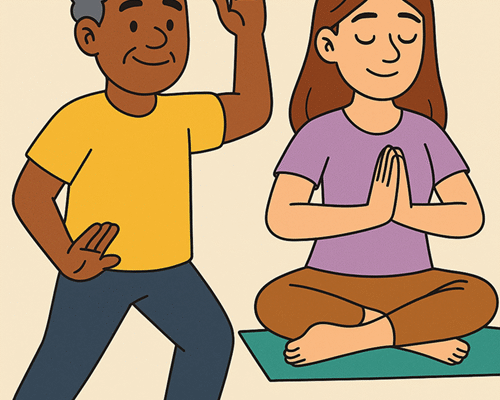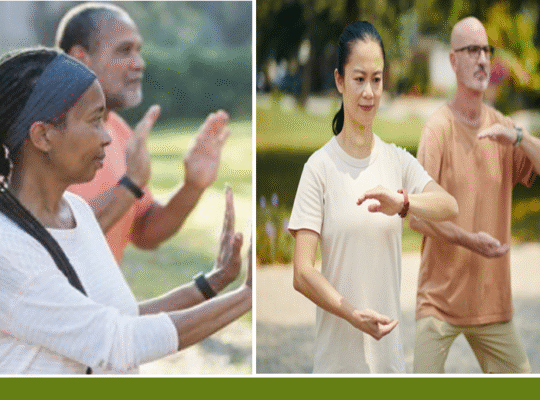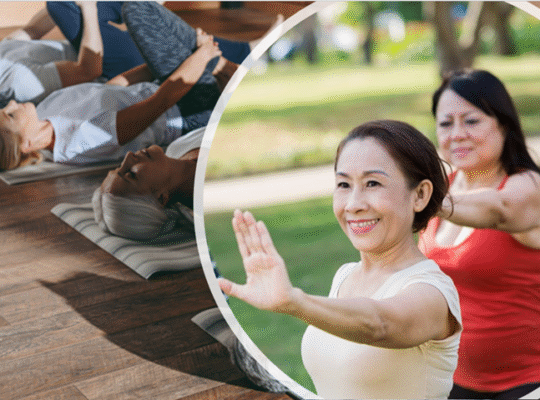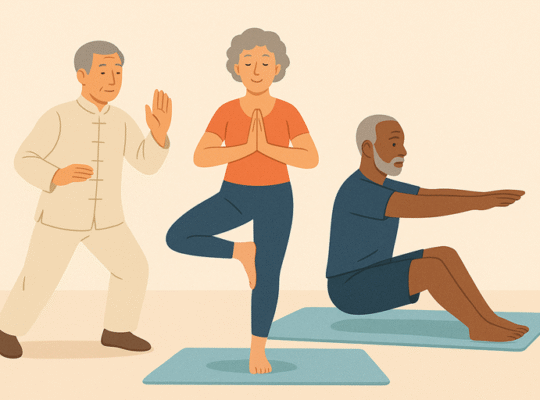In a quest to uncover the patterns and advantages of complementary health approaches (CHA) among older adults in the United States, a groundbreaking study based on the 2012 National Health Interview Survey (NHIS) has shed light on the intriguing landscape of holistic healthcare. This comprehensive exploration unveils not only the prevalence of CHA use but also the perceived benefits that have the potential to redefine aging for millions.
Unveiling the Patterns: Delving into the data from the NHIS, which represents the non-institutionalized segment of adults aged 65 or older, the study surveyed a staggering 7,116 individuals. The seven most prevalent CHA examined were acupuncture, herbal therapies, chiropractic, massage, meditation, Tai Chi, and yoga. The results paint a fascinating picture of the older generation’s quest for holistic well-being.
Highlights of CHA Utilization: A striking 29.2% of older adults reported engaging in at least one of the seven CHA in the past year. Noteworthy standouts include herbal therapies (18.1%), chiropractic practices (8.4%), and the healing touch of massage (5.7%). The findings underscore a significant shift towards holistic health practices among older Americans.
Perceived Benefits of CHA: Over 60% of older CHA users emphasized the importance of these practices in maintaining health and well-being. Additional reported benefits included enhancements in overall health and well-being (52.3%), a heightened sense of control over health (27.4%), and improved coping mechanisms for health problems (24.7%). These perceived advantages hint at a potential revolution in aging attitudes and healthcare choices.
Sociodemographic and Clinical Factors: The study also unearthed intriguing associations between CHA utilization and various sociodemographic and clinical factors. Those with higher education and income levels, along with individuals grappling with two or more chronic conditions and functional limitations, exhibited significantly higher odds of engaging in CHA (p < .01).
Implications for Healthy Aging: In conclusion, this study unveils a substantial cohort of older adults deriving benefits from CHA, suggesting a potential key to unlocking improved health status in this demographic. With a call for further research on the bio-psycho-social outcomes of CHA at a population level, this groundbreaking exploration serves as a catalyst for promoting healthy aging strategies that transcend traditional healthcare norms. “Unlocking Wellness” beckons us to reconsider the landscape of aging, embracing holistic approaches that empower and rejuvenate the older generation.
